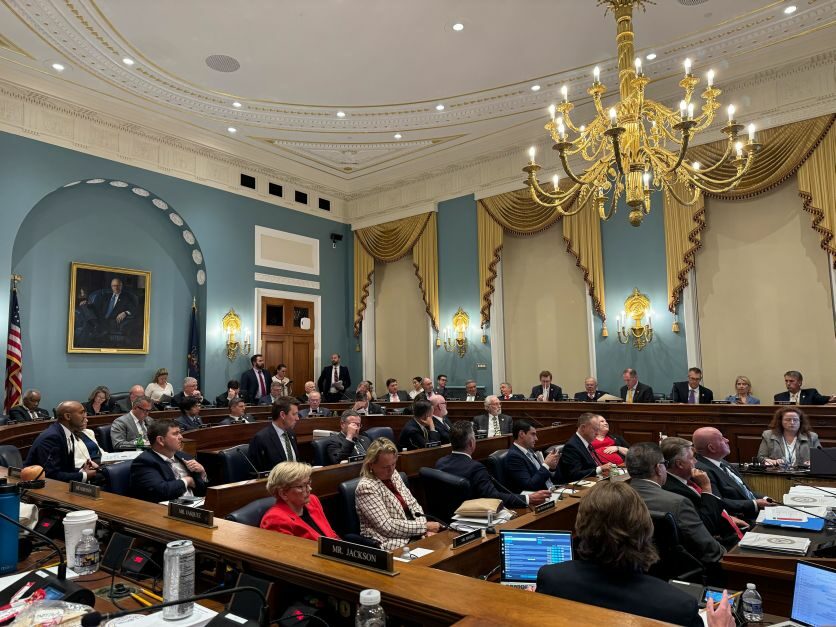Key Takeaways
- The House Ways and Means Committee approved a budget bill focused on tax benefits for farmers and small businesses.
- The FDA is seeking public input on nutrient requirements for infant formula as part of a comprehensive review.
- China has opened its market to more Brazilian agricultural products, expanding trade agreements between the two countries.
The House Ways and Means Committee has moved forward with a significant budget bill, overcoming opposition from Democrats who attempted to spotlight provisions favoring the wealthy. The bill features tax benefits targeted at farmers and small businesses, particularly an increase in the Section 199A deduction for business income. Democratic members used an extensive markup process to critique these tax provisions, emphasizing potential negative impacts on low-income individuals.
In a parallel development, the House Agriculture Committee voted along party lines to approve the legislation, with all Democratic amendments being defeated. Notably, the committee’s chair, Glenn “GT” Thompson, R-Pa., garnered support from moderate members regarding a state cost-share requirement for the Supplemental Nutrition Assistance Program (SNAP). Republican Rep. Don Bacon of Nebraska expressed satisfaction that this requirement will benefit constituents, indicating significant bipartisan negotiation efforts.
These committee approvals will lead to a single merged bill for discussion on the House floor, although certain provisions, such as the state cost-share for SNAP, may encounter resistance from Senate Republicans.
In other news, Health and Human Services Secretary Robert F. Kennedy Jr. announced that the upcoming Dietary Guidelines for Americans will be streamlined to just four pages, diverging from previous formats. He criticized the scientific advisory report as “incomprehensible,” suggesting that the guidelines will focus on promoting whole foods.
The USDA is also making strides in response to a lawsuit filed by environmental groups, planning to reinstate climate-related content on its websites that was removed during the Trump administration. This includes information on projects funded by climate-smart commodities.
Additionally, a bipartisan group of legislators is advocating for the establishment of a U.S. facility to combat New World screwworm, a pest threatening livestock. A proposed $300 million budget aims to fund a sterile fly rearing facility in targeted regions.
Further, Brazilian agriculture is benefiting from a recent agreement that opens the Chinese market to various products, allowing for exports of duck, turkey, and corn ethanol byproducts. This trade expansion follows a series of bilateral agreements between Brazil and China, positioning Brazilian producers for access to markets valued at around $20 billion.
On the health front, the FDA has issued a call for public input on nutrient levels in infant formula. This comprehensive review aims to potentially revise existing nutrient requirements, encouraging contributions from stakeholders over the next 120 days.
Finally, EPA Administrator Lee Zeldin announced ongoing efforts to establish renewable volume obligations for 2026, after missing a previous deadline. Zeldin also mentioned that the agency is re-evaluating the definition of “waters of the United States” to align with recent Supreme Court rulings.
In closing, Rep. Zach Nunn from Iowa emphasized that the budget reconciliation process is still in its early stages, underscoring the collaborative efforts needed between the House, Senate, and the White House to finalize the bill.
The content above is a summary. For more details, see the source article.















